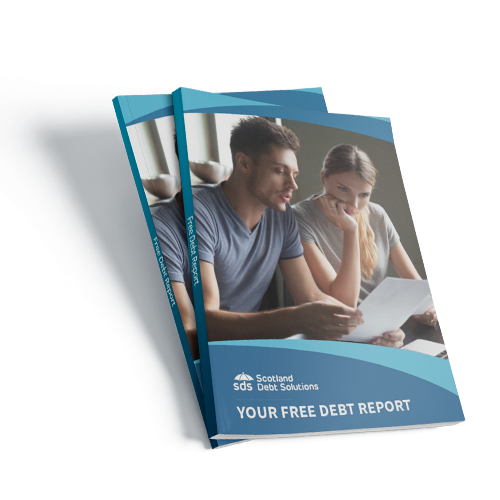Store cards are widely recognised as a particularly dangerous form of credit and it’s easy to understand why. Store cards often come with a tempting introductory discount, typically off the purchase you are already making. While this may be a money-saving tactic in the short-term, the reality is that many people find themselves paying out far more in interest and charges than they saved with the discount in the first place. Store cards are notorious for their huge rates of interest; many store cards tend to charge 25% and upwards whereas credit cards tend to offer long interest-free periods and a standard rate of around 17%-18%.
The technique to using a store card safely is to take out the card (if you really wish to), benefit from the immediate discounts and then pay it off straight away, so you never have to pay a penny in interest. It is also advisable for you to close the card once you have paid the balance down to zero to prevent further temptation. If you forget to pay of the store card balance, the card operators will hit you with sky-high interest, often ranging between 25% and 30% which can increase the balance on the card significantly.

















